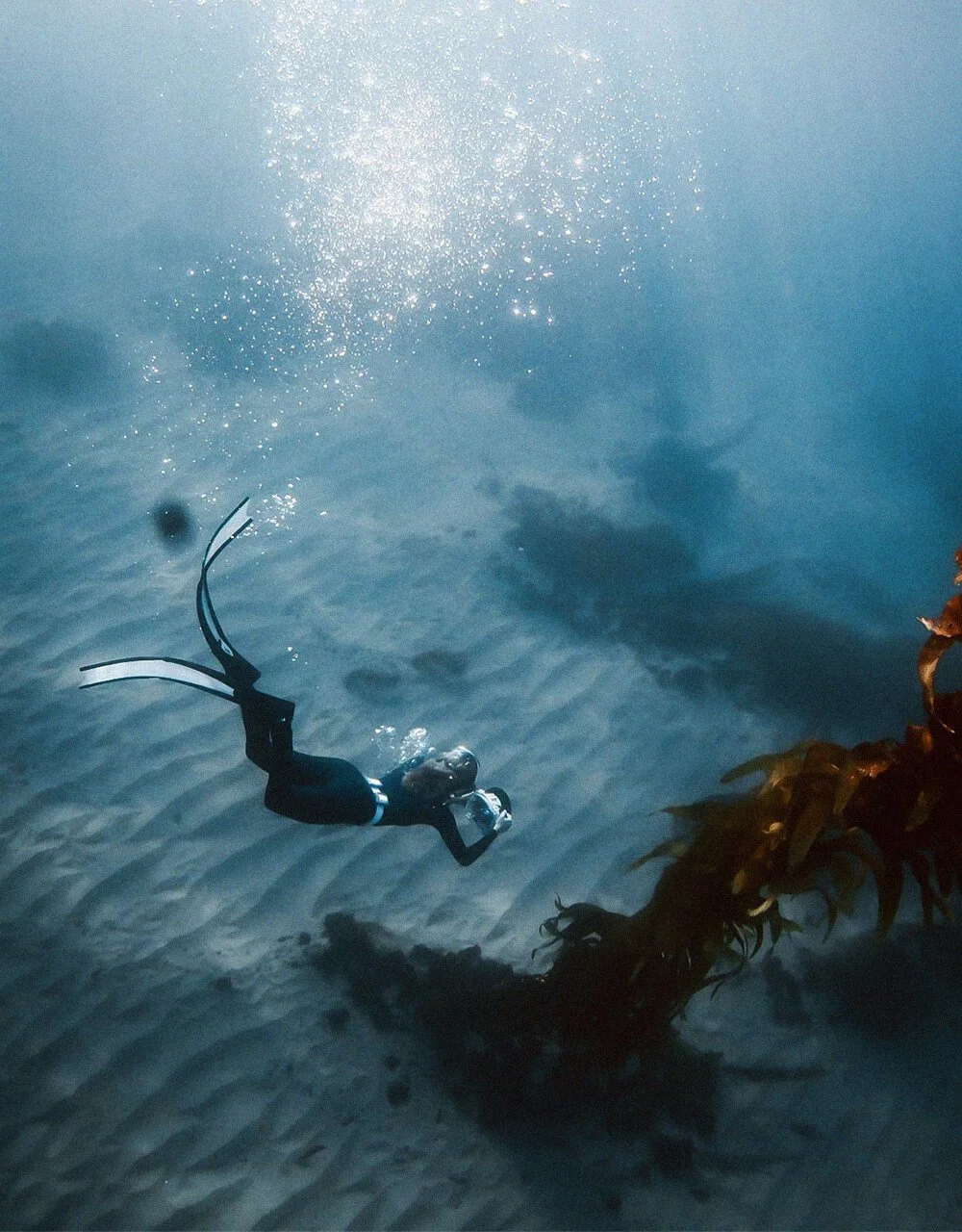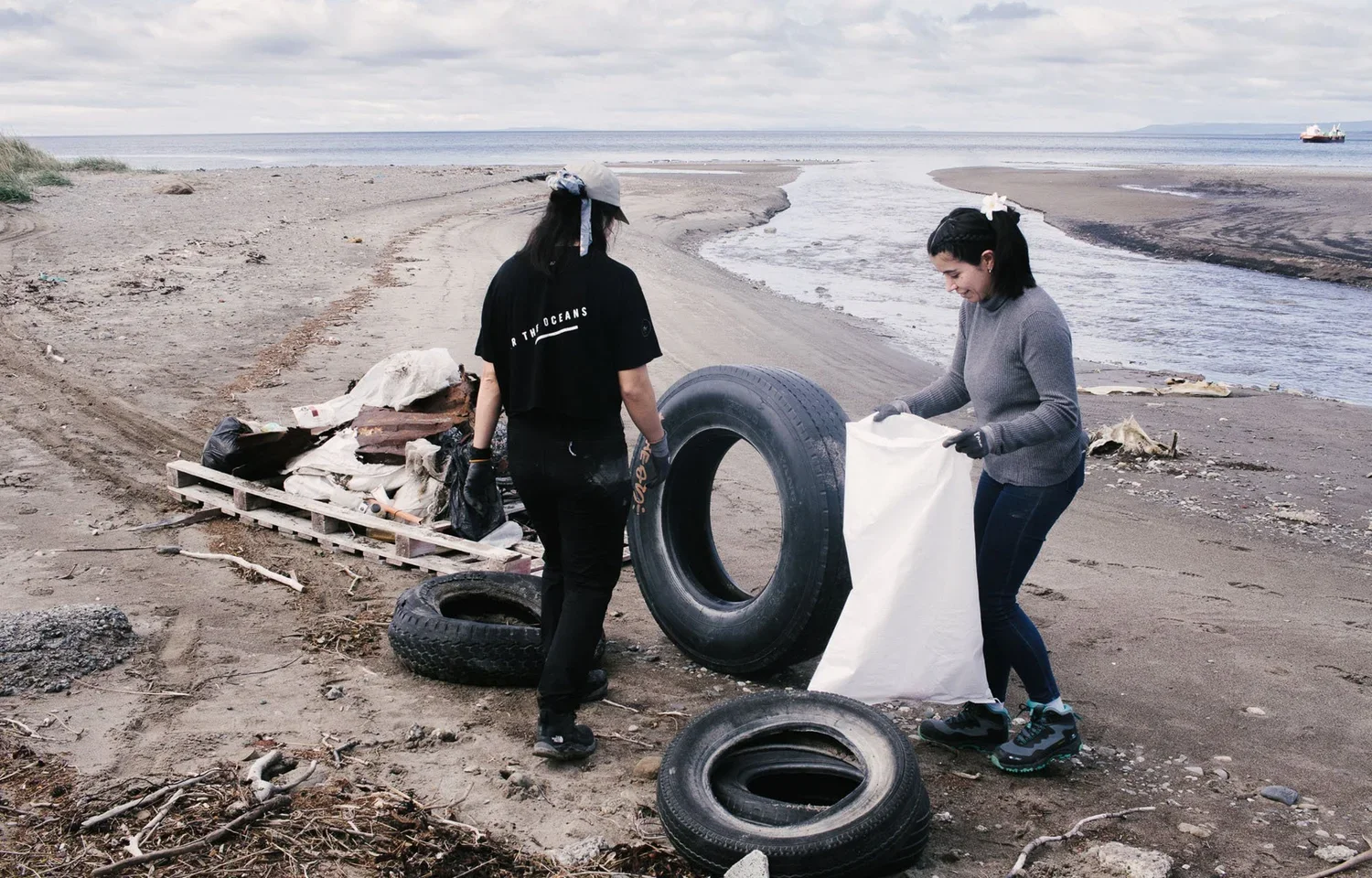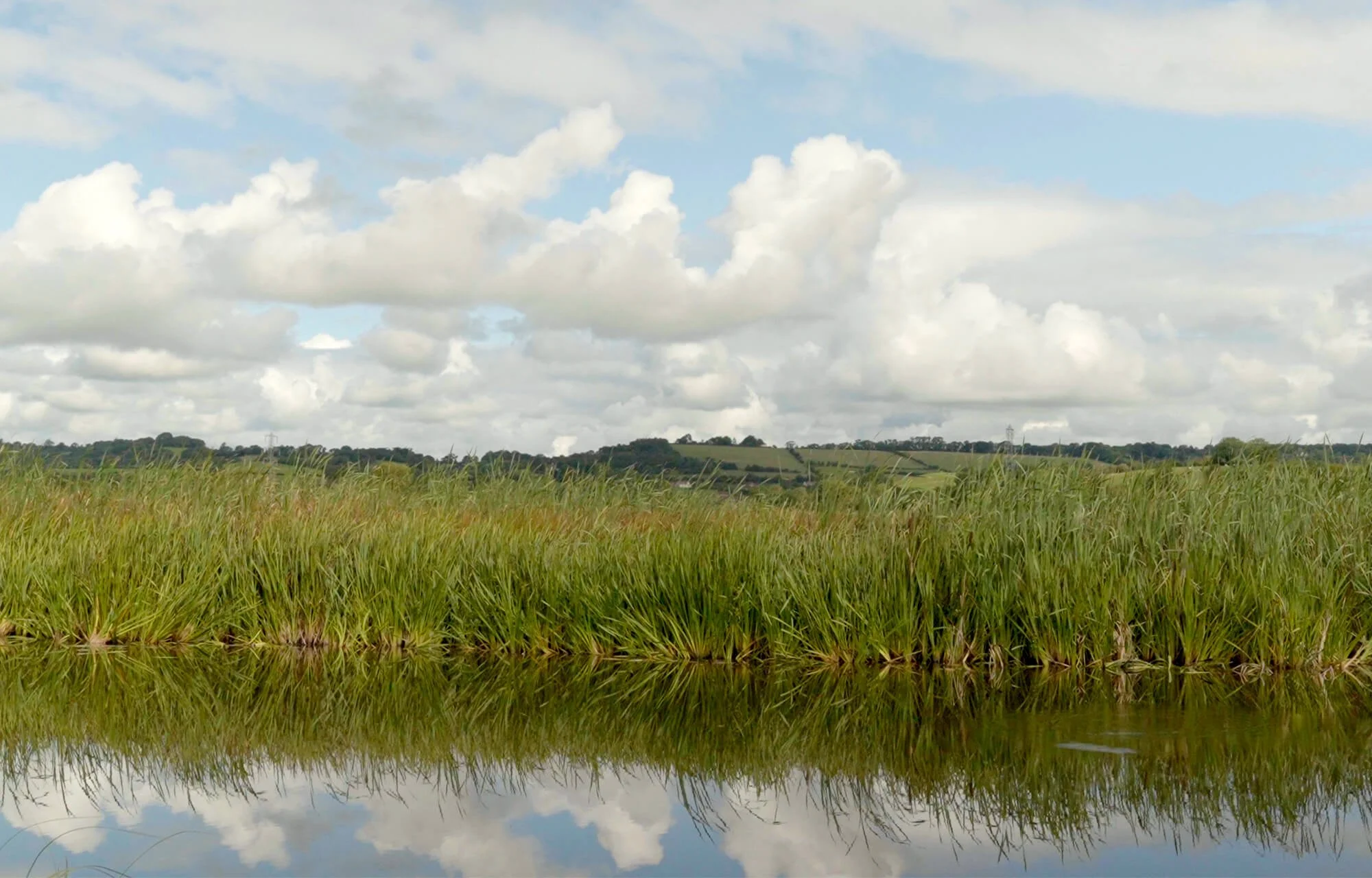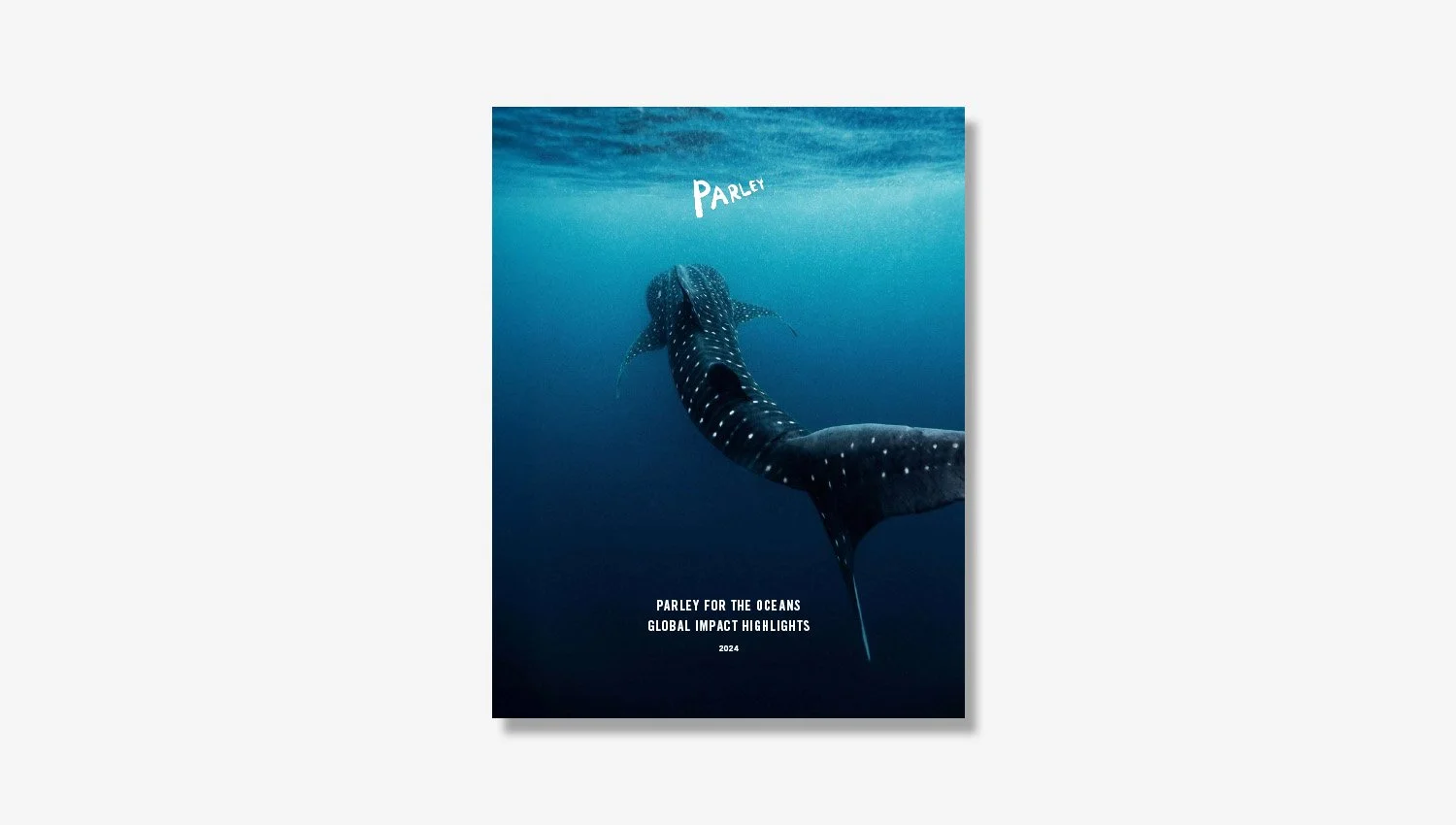Parley AIR: A Wave of Change
WAVE
n.|wāv|: a disturbance that transfers energy from one place to another
Humans have produced 8.3 billion metric tons of plastic since the 1950s. Most of it (79% or so) has accumulated in landfills or the natural environment. For every person on this planet, there is now 1 ton of plastic waste. Nobody wakes up in the morning and decides to destroy the oceans. Yet somehow, in some way, we all contribute to the destruction. It's not too late to shift the narrative.
Creativity, collaboration, imagination… We already have the tools. This movement is about choosing to use them.
We’ll try to keep things simple.
READ MORE
In the first of a three-part series, photographer and freediver Avery Schuyler Nunn takes us into the heart of a kelp forest and explains her personal connection with these hidden ecosystems.
In this special edition of Field Notes, Parley Chile’s Liliana Plaza reports from the Las Minas River in one of the country’s southernmost cities.
Legendary photographer Paul Nicklen reflects on his deep reverence for the natural world in his new book. We speak with the Canadian conservationist about his life’s work, which reshaped the landscape of environmental photography.
In this special edition, Parley’s Global Education Director Antonia Mascarenhas shares an update from the heart of the Amazon rainforest.
We speak with the Japanese company about material innovation, the fashion industry and the importance of circularity.
This month, we check in with our riverboom program in South Africa, roll up our sleeves to clean up an illegal garbage dump in the jungles of Cozumel and explore an ambitious new program in Sri Lanka.
Every year, heavy trawling nets scrape an area of the ocean floor larger than the size of Canada – disturbing carbon stored in the seabed, destroying corals and sponges and decimating marine life.
This month, we check in with a landmark new program in the Maldives, plant some native beach vegetation in Seychelles and join two massive sea, surf and education events in Brazil.
We catch up with Rick Miskiv, whose underwater photography journey has taken him to capture incredible images in Palau, Baja, Tahiti, Belize and beyond.
We spent a day harvesting bulrush with Ponda, getting a close look at their revolutionary biomaterial.
Our annual Impact Highlights takes a deep dive into how we're expanding education programs, fostering new partnerships and pioneering a Material Revolution.












